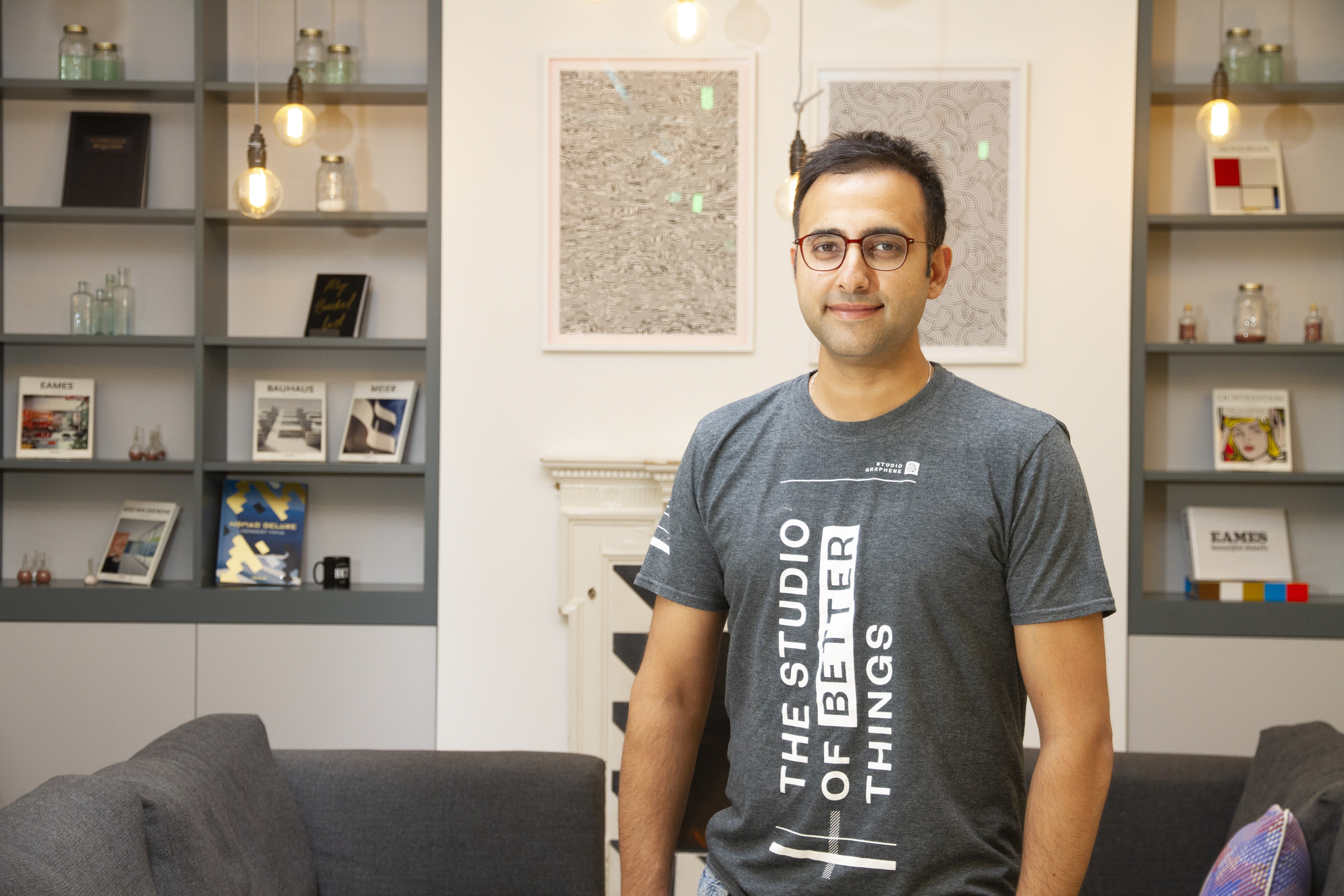Today, consumer food and drink preferences are wildly different to what they were even a decade ago. Take the rise of veganism and non-alcoholic beverages; new trends like these have swept across the globe and have forced companies to adapt to evolving consumer demands or risk being leapfrogged by competitors.

And with an abundance of startups springing up to offer exciting new products, it’s no surprise that established multinationals are seeking guidance from innovative entrepreneurs to help them stay ahead of the curve. In fact, the State of Innovation report from Unilever revealed that about four out of five corporates (79%) and startups (78%) anticipated more collaborative work in the future.
There’s evidently a strong case to be made for closer collaboration, so let’s consider the many benefits on offer…
Are startup-corporate partnerships viable?
A cursory glance at the food and drinks industry highlights the promise of startup-corporate partnerships. Consider Diageo, the world’s largest producer of spirits; despite being a chief player in the alcoholic beverage market, Diageo has turned its head towards startups to ensure it can continue to grow and evolve.
A curious partnership, its collaboration with non-alcoholic spirit brand Seedlip offers a picture of success. Having realised the lucrativeness of non-alcoholic options in world where less people are drinking alcohol, the founder of Seedlip, Ben Branson, is seeing his drinks sold across stores, bars and restaurants across the world.
How did he get here? Largely, it was thanks to Diageo’s incubator programme, which gave the startup the resources and expertise it needed to scale. Though Seedlip continues to run independently, Diageo’s minority stake in the business has allowed it to leverage the multinational’s reach and mentorship in order to expand sustainably.
But how does Diageo benefit? Ultimately, the partnership enables the corporate to appeal to consumers looking for a refined alternative to alcohol. Rather than investing huge time and resources into the R&D needed to bridge this gap in the market, Diageo benefits from Seedlip’s ingenuity and allows it to participate in markets that were previously inaccessible.
How can startups establish partnerships with corporates?
Having considered an example of a successful partnership, how can startups effectively reach out to larger companies?
Let’s start by considering the main obstacles faced by large corporates when it comes to innovation: they’re bogged down by numbers and bureaucracy. This means they’re slow to adapt to changes, and are less willing to take risks on new ideas. That’s why so many – Nestle, PepsiCo, and Kellog, to name but a few – are launching incubator programmes to help small companies scale up, while at the same time leveraging their flexibility, risk-taking, and intuition when it comes to knowing what the consumer wants. Incubator programmes have many advantages, offering financial and technical support to startups during their crucial formative stages. Nesta estimates there are 205 incubators and 163 accelerators in the UK, offering support to a combined 7,100 businesses each year.
Incubator programmes are therefore the first port of call for startups seeking to get their feet off the ground and scale sustainably in the long-term.
First and foremost, startups need to think creatively about what they can offer. Importantly, they don’t necessarily need to produce new food and drink products to partner; there’s a massive demand for innovative technologies that can plug operational gaps within these multinationals, from managing stock to delivering products to stores. But regardless of what product or service a startup is offering, it’s crucial to clearly outline the benefits they bring to the table, and how they can offer solutions to issues that the corporate might be facing.
The options for startup-corporate collaborations are therefore endless, and we are sure to see a host of new partnerships emerging in the near future to bring new ideas and innovations to life.
Ritam Gandhi, Founder and Director, Studio Graphene.

Ritam worked as a consultant for a decade for the likes of Accenture and Bank of America Merrill Lynch before, in 2014, going on to launch Studio Graphene – a firm that specialises in developing blank canvas tech products for small businesses through to large corporates. Working with many startups alongside innovation teams in more established companies, the London-based agency plans, designs and builds astounding tech products for its clients. What’s more, Ritam and the team also use their experience and expertise to help leaders grow their business from ideation, to launch and beyond.
For more information visit www.studiographene.com or Studio Graphene’s social media channels:











